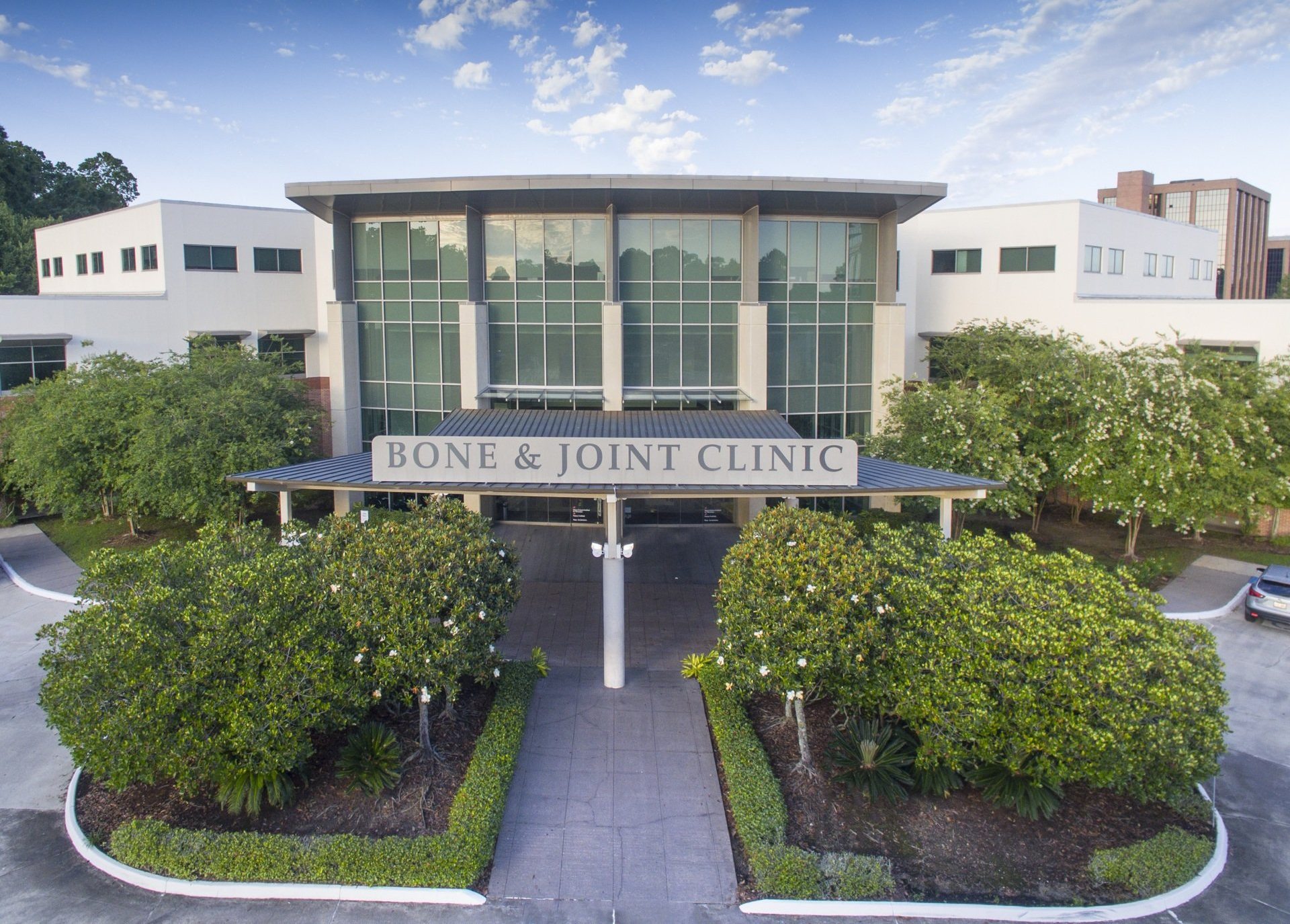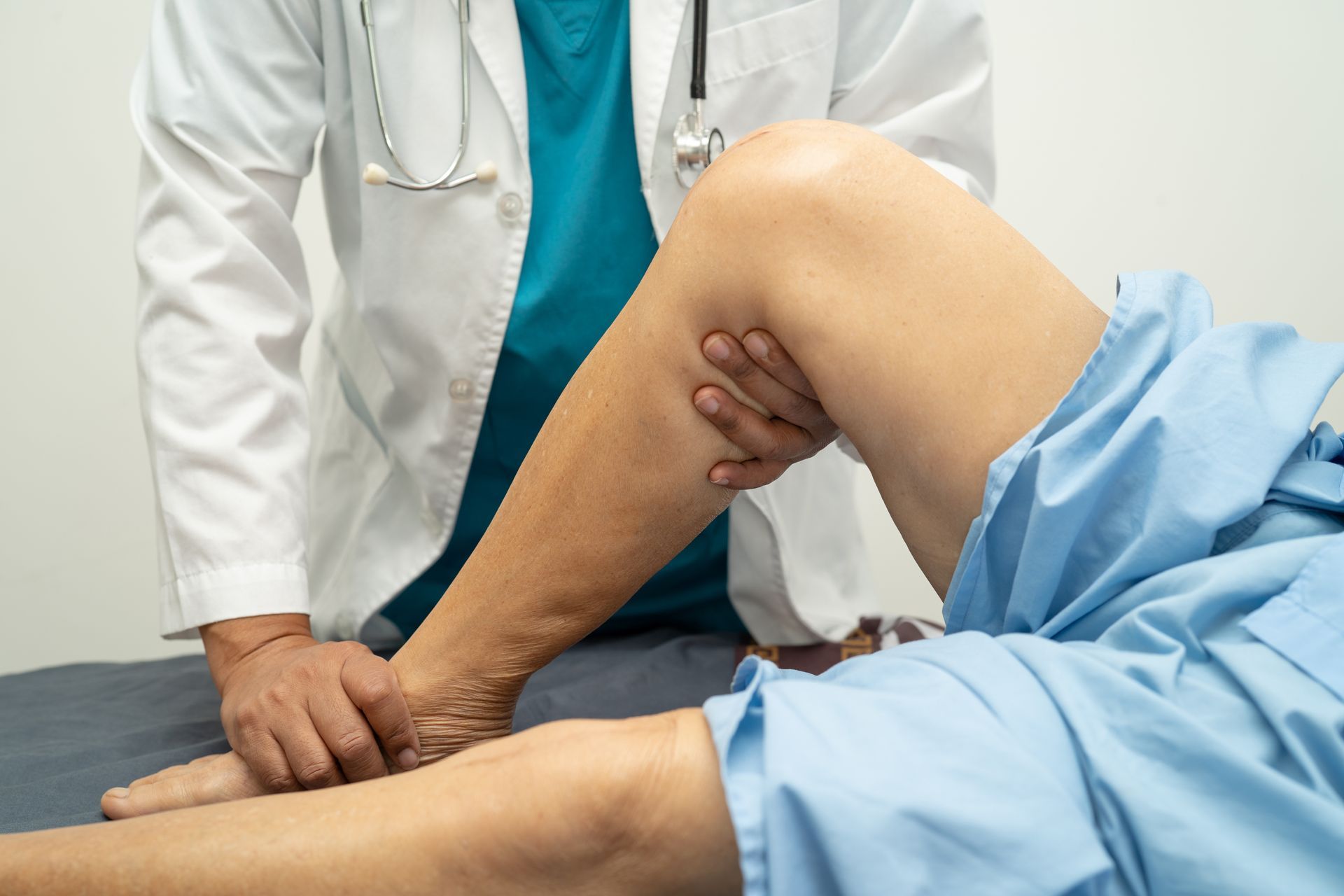Arthritis is a term encompassing more than 100 different types of joint diseases that affect people of all ages and backgrounds. Women, however, face a unique set of challenges associated with arthritis – including its prevalence, the way it manifests itself, and more.
According to the Centers for Disease Control and Prevention (CDC), about 26 percent of women in the United States are affected by arthritis, compared to just 18 percent of men. Below are a few reasons why arthritis has a higher prevalence in women. Complex and multifaceted, these unique challenges involve genetic, hormonal, and environmental factors.
Hormones and Arthritis
Hormones play a crucial role in the development and progression of arthritis, and the hormonal fluctuations that occur during a woman's life can impact the severity of symptoms. Conditions like rheumatoid arthritis (RA) often show a correlation with hormonal changes, with some women experiencing symptom flare-ups during pregnancy or menopause.
Pregnancy and Arthritis
Pregnancy adds another layer of complexity for women with arthritis. While some women may experience relief from symptoms during pregnancy, others may find their arthritis exacerbated. Balancing the management of arthritis with the health of both the mother and the baby requires careful consideration and collaboration between the patient and healthcare providers.
Osteoarthritis and Women
Osteoarthritis, the most common form of arthritis, also exhibits gender-specific patterns. Women are more likely to develop osteoarthritis, particularly in the hands and knees. This increased risk is partially attributed to differences in joint structure and the biomechanics of the female body.
The Psychosocial Impact of Arthritis
Arthritis, with its chronic nature and potential for disability, can have a profound impact on mental health. Women, often juggling multiple roles as caregivers, professionals, and homemakers, may find the emotional toll of arthritis particularly challenging. Depression and anxiety are common companions for women living with arthritis, emphasizing the need for a holistic approach to care that addresses both physical and emotional well-being.
Specialized Care for Women with Arthritis
Recognizing the unique challenges that women face with arthritis, healthcare providers are increasingly adopting gender-sensitive approaches to care. Tailoring treatment plans to account for hormonal fluctuations, addressing family planning concerns, and providing psychological support are essential components of this specialized care.
Treating Arthritis in Baton Rouge
Arthritis is not a one-size-fits-all condition. Understanding and addressing the gender-specific aspects of arthritis are crucial steps toward providing effective care. Women navigating the challenges of arthritis deserve a comprehensive approach that considers their unique biology, life stages, and emotional well-being. The Bone and Joint Clinic of Baton Rouge strives to create a healthcare landscape that empowers women with arthritis to lead fulfilling and active lives despite the challenges posed by this chronic condition. Take the first step towards arthritis relief by scheduling an appointment today.




